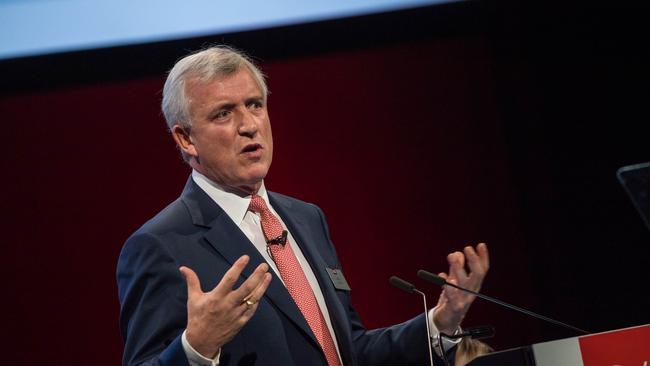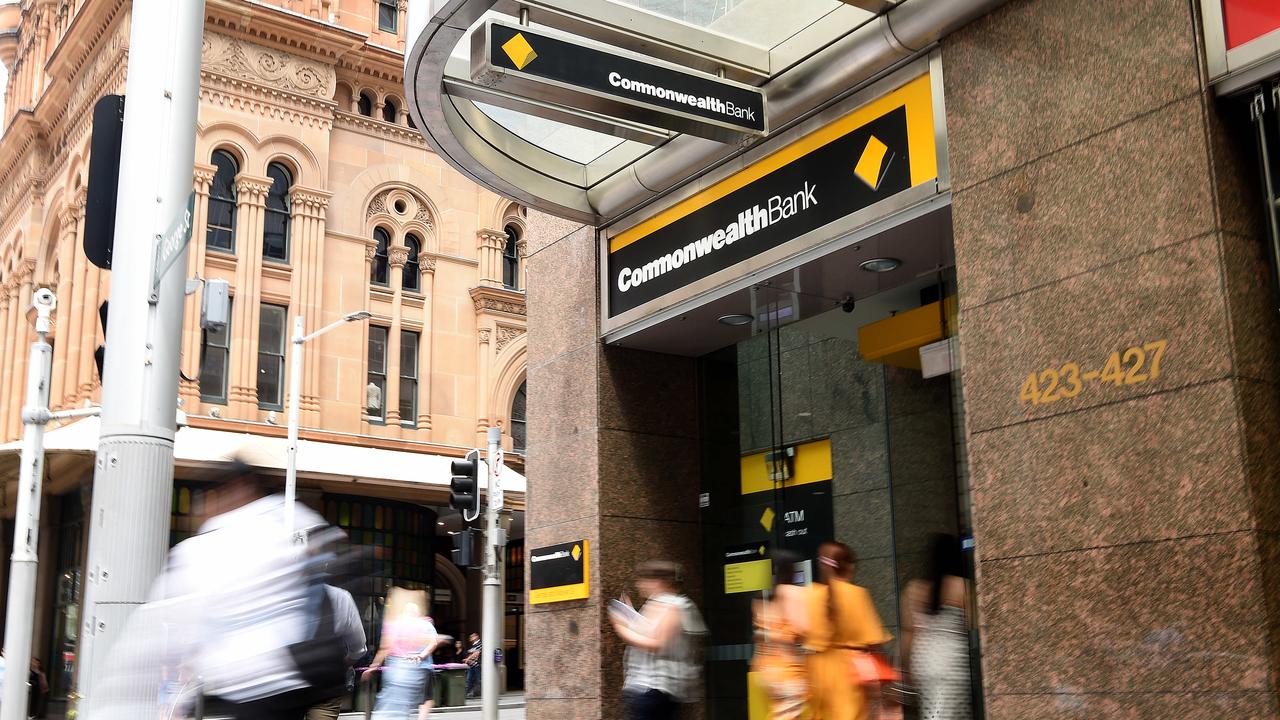Virgin Money scraps its 2022 targets
Banking group takes a conservative approach to the operating climate and scraps targets for 2022.

Australian Securities Exchange-listed Virgin Money UK is not factoring a COVID-19 vaccine into its economic assumptions, as the banking group takes a conservative approach to the operating climate and scraps targets for 2022.
Virgin Money was formed when CYBG, which was cut loose by National Australia Bank in a 2016 demerger, took the name of its acquisition target late last year.
The British banking group on Wednesday reported a statutory loss of £141m ($256m) for the 12 months ended September 30, as the results were hit by integration and conduct costs.
Underlying profit before tax tumbled 77 per cent to £124m, as mortgage lending declined and more funds were set aside to cover potential loan losses linked to the pandemic. The financial accounts noted a credit impairment charge of £501m and on-balance sheet provisions of £735m.
“While we are yet to see any material impacts of the pandemic on the credit quality of our loan book, our results reflect a cautious and conservative approach to the coming period as we refine our assessment of the uncertain economic outlook and the impact of the second lockdown,” chief executive David Duffy said.
“Although the vaccine news is a strong cause of hope for the future, the economic benefits are still some way off when considering the immediate reality of current restrictions and so have not yet been factored into our near-term forecasts.”
Virgin Money has weighted 50 per cent of its modelling to a base case scenario and 45 per cent to a downside, reflecting a weighted-average decline assumption of 15 per cent in the UK’s economic output and average unemployment in 2021 of 8.6 per cent.
“That’s a very deliberate approach,” interim finance boss Enda Johnson said. “We are looking to factor in … an assessment that there may be further disruption in the economy, whether that’s lockdowns such as what’s happening now or we still don’t have full clarity about what’s going to happen from a Brexit perspective.”
While six months earlier Virgin Money said it was too early to determine if COVID-19 would affect 2022 targets, on Wednesday it withdrew the guidance.
Those targets covered areas including capital generation, cost reductions, dividend ratio and achieving a statutory return on tangible equity of at least 12 per cent by 2022.
The bank did provide guidance on its net interest margin for the 2021 financial year, saying it would be broadly flat on the prior year’s levels and it expected non-interest income “to remain subdued”.
Virgin’s guidance also pointed to underlying operating costs of less than £875m, inclusive of about £10m to £15m of COVID-19 costs linked to customer support measures required in this financial year.
“The board continues to believe that Virgin Money has a clear path to delivering a double-digit statutory RoTE over time,” the Virgin Money accounts said.
They showed 98 per cent of mortgage customers on loan repayment pauses had resumed paying, alongside the bulk of business and personal loan customers.
Still, Virgin Money reported a 6 per cent drop in net interest income for the full year and a 7 per cent decline in non-interest income that reflects fees.
The net interest margin for the year was 1.56 per cent, within a guidance range.
Last year Mr Duffy stressed technology giants such as Facebook and Amazon posed a real threat to banks.



